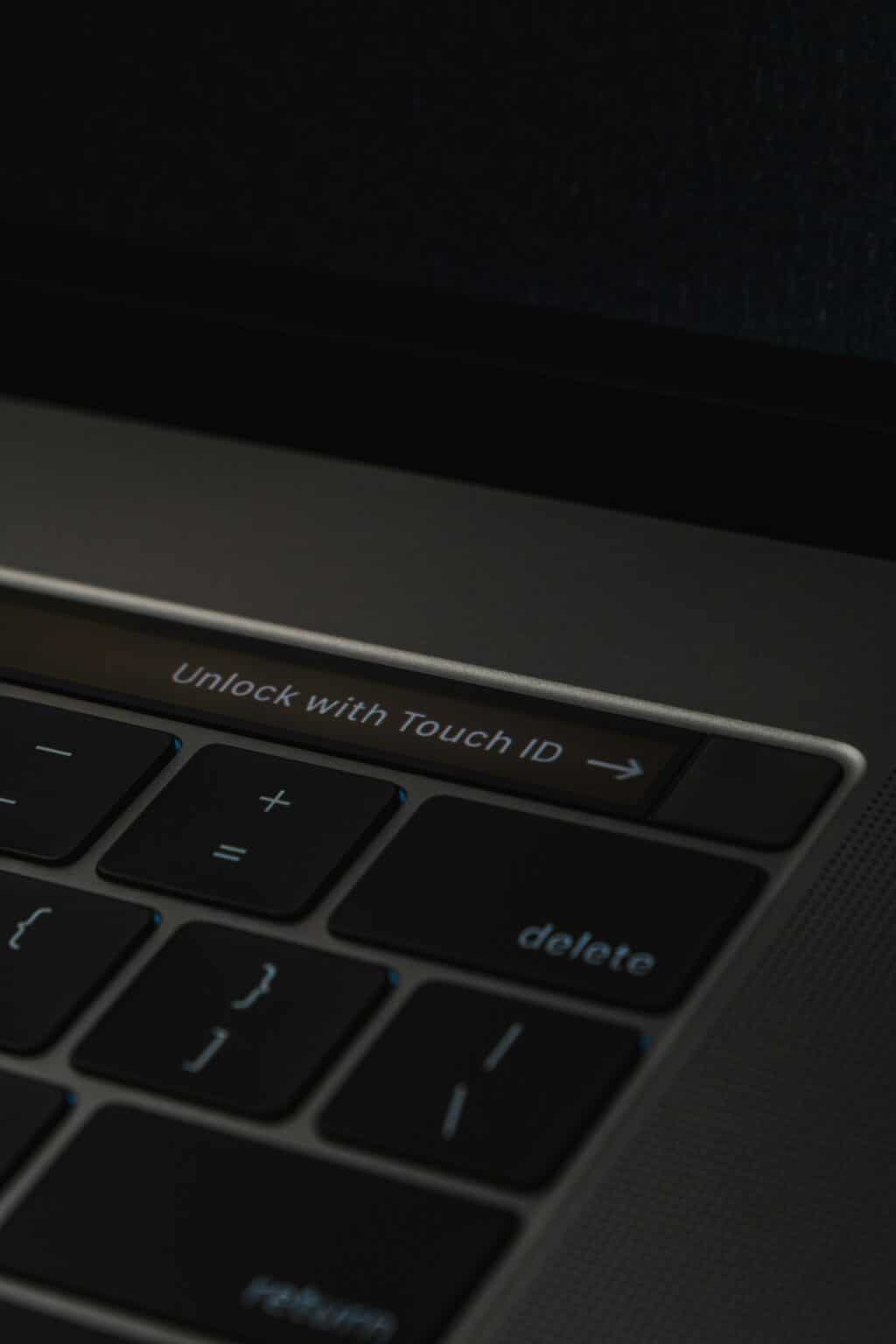In our increasingly connected world, the delicate balance between technological advancement and vulnerability to cyber threats is a concern for all businesses. While innovations accelerate, they bring with them an expanding landscape for cyberattacks.
Data breaches have become a painful reality for many organisations, causing irreparable damage to their reputations and finances. The cornerstone of defending against these insidious online threats is robust cybersecurity hygiene. This practice comprises a set of proactive measures designed to maintain the integrity and confidentiality of business data.
Cybersecurity is not just a technical issue; it is a business imperative. As we entrust more of our business operations to digital processes, the responsibility to protect sensitive information extends beyond IT departments to every employee handling data.
This inclusionary approach to managing cyber risks plays a pivotal role in the prevention of business data breaches.
IMAGE: UNSPLASH
Understanding Cybersecurity Hygiene
At its core, cybersecurity hygiene is the regular maintenance of best practices and security standards that help in preventing unauthorized access to or damage to data. It entails a comprehensive approach that deals with everything from password management and network security to employee training and third-party vendor assessments.
Hari Ravichandran explained in a podcast that good cybersecurity hygiene involves regularly updating and patching systems, enforcing strong password policies, and implementing advanced security measures like two-factor authentication. Organizations must manage access controls diligently by ensuring that employees and partners have the minimum necessary permissions they require to perform their duties.
The Human Element
Despite the sophisticated security software and tools available, one of the weakest links in cybersecurity is the human element. Phishing attacks, for instance, prey on human psychology, prompting even the most cautious individuals to inadvertently disclose sensitive data or credentials.
This is where humanising cybersecurity practices becomes indispensable. Training and educating staff not only familiarises them with the potential threats but also instils a sense of collective responsibility for the safety of the organisation’s data.
In nurturing a security-aware culture, employees become the first line of defence, able to recognize and respond to potential security threats.
Regular Training And Awareness
Ongoing training positions employees to better understand the evolving nature of threats and the various guises they can take. Workshops, drills, and simulation exercises can be effective in keeping staff alert and informed. Cybersecurity is not a ‘set and forget’ solution but an ongoing commitment to learning and adaptation.
Organisations should also encourage a transparent and blame-free environment for reporting potential breaches. Employees must feel comfortable raising alarms without fear of retribution, ensuring swift action to mitigate any damage.
Secure Access As A Priority
Securing access to business data is a fundamental component of cybersecurity hygiene. Adopting tools like virtual private networks (VPNs), firewalls, and secure proxies like GoProxies, which provide encrypted tunnels for data transmission, reduces the risk of eavesdropping and interception during online exchanges.
The concept of “least privilege” should be at the heart of access management. Users must have access only to the data and resources absolutely necessary for their work. Periodic access reviews, coupled with the revocation of permissions for staff who no longer require them, further tightens security.
Patch Management
Software vulnerabilities are a goldmine for cybercriminals. Patch management — the process of regularly updating and fixing software — is crucial. Outdated applications and operating systems can serve as gateways for cyber attackers.
While keeping software up-to-date can be laborious, automation tools can aid in streamlining this process, closing vulnerabilities before they can be exploited.
Password Policies And Authentication Protocols
Simple or reused passwords are akin to leaving the front door unlocked. Effective cybersecurity hygiene mandates the use of strong, unique passwords along with the implementation of multi-factor authentication (MFA) where possible.
MFA adds an additional layer of security, making it significantly harder for an attacker to gain unauthorised access even if they have a user’s credentials.
Incident Response Planning
Despite best efforts, breaches can happen. An integral part of cybersecurity hygiene is having a robust incident response plan in place. This plan should outline procedures for containment, eradication, and recovery stages following a breach.
Quick and efficient response can limit damage and aid in faster recovery, saving the organisation from potential losses and reputational harm.
Regular Risk Assessments And Audits
Cybersecurity is a moving target, and what works today may not be sufficient tomorrow. Regular risk assessments and security audits reveal gaps in your security posture and guide where improvements are needed. By identifying and addressing these weak spots, businesses can fortify their defences against future attacks.
Conclusion
In the complex, fast-paced world of information technology, complacency is an organisation’s biggest enemy. The principle and practice of cybersecurity hygiene have never been more crucial. Businesses that diligently manage their cybersecurity strategies, viewing them as an ecosystem of interdependent elements, stand the best chance of thwarting data breaches.
Cybersecurity hygiene is not solely about investing in cutting-edge technology; it is as much about fostering a culture of security, maintaining vigilance, and embracing best practices across every layer of the organisation.
In doing so, businesses protect not only their data, but also their hard-earned trust and standing in the marketplace. As we continue to expand our digital footprint, let us commit to making cybersecurity hygiene a habit, a reflex, and a cornerstone of business success.
IMAGE: UNSPLASH
If you are interested in even more technology-related articles and information from us here at Bit Rebels, then we have a lot to choose from.


COMMENTS